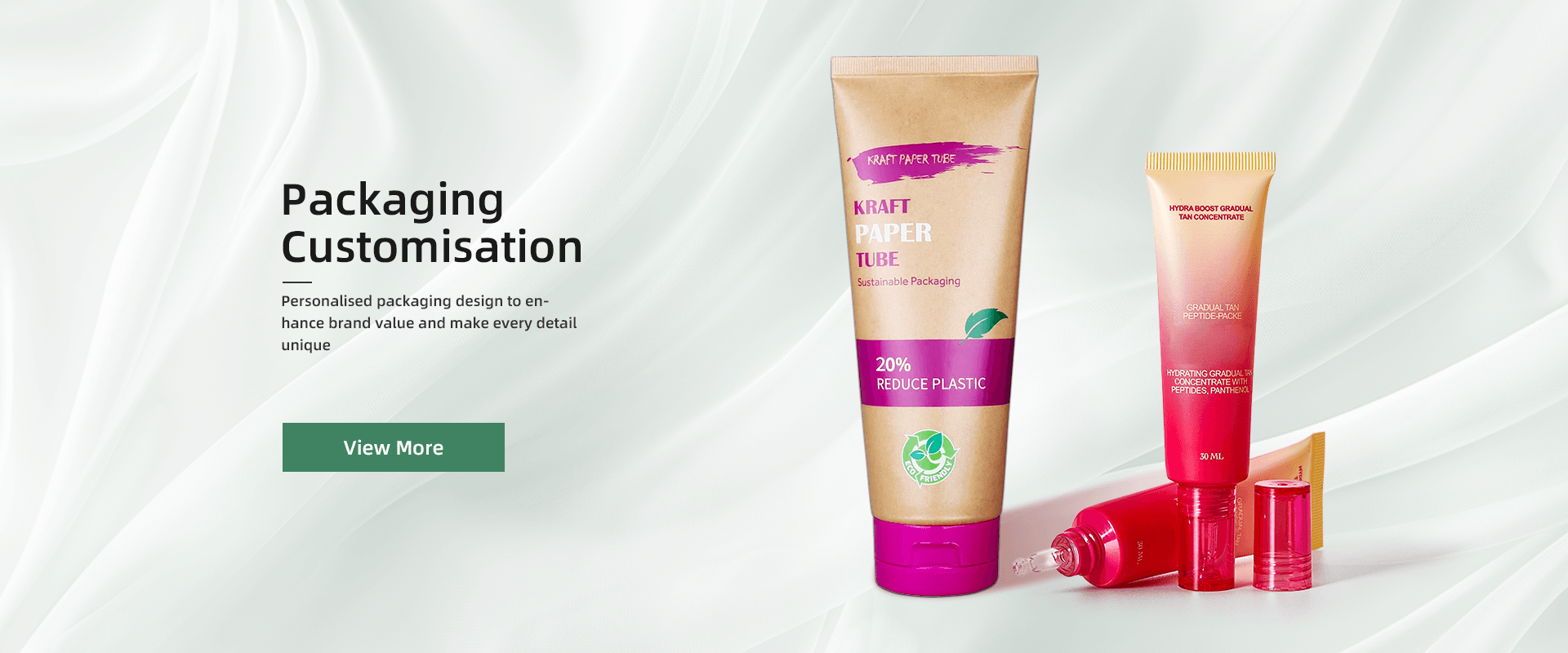Menu
Menu
Menu
In today’s rapidly evolving world, sustainability has become a cornerstone of corporate responsibility. ASME Packaging Co., Ltd (ASME) is at the forefront of this movement, particularly in the cosmetics industry. The company has developed innovative circular economy models to address the growing concern of waste generated by cosmetic tubes. These models not only aim to reduce environmental impact but also enhance the brand value of cosmetics companies that partner with ASME.
The cosmetics industry is notorious for its use of non-recyclable packaging materials, contributing to a significant amount of landfill waste. To combat this, ASME has embraced the principles of the circular economy, which emphasize the reuse, refurbishment, and recycling of materials. By implementing these models, ASME helps cosmetic brands transition from a linear ‘take-make-dispose’ model to a more sustainable and circular approach.

ASME’s recycling programs are designed to close the loop on cosmetic tube waste. These programs involve the collection, sorting, and recycling of used cosmetic tubes. ASME has partnered with several leading cosmetic brands to create customized recycling solutions that cater to their specific needs. This collaborative approach not only helps reduce waste but also fosters a sense of shared responsibility between ASME and its partners.
facial primer tube packaging
pump cap tube packaging
d50 kraft paper tube packaging
cosmetic tubes
d30 hair removal cream tube packaging
ASME’s circular economy models are built on several key components. These include:
While ASME’s circular economy models offer numerous benefits, there are also challenges to overcome. One of the main challenges is the diversity of materials used in cosmetic packaging, which can complicate the recycling process. However, this also presents an opportunity for innovation, as ASME continues to explore new materials and technologies that can enhance recyclability.
The trend towards sustainability is gaining momentum across the cosmetics industry. Consumers are increasingly demanding eco-friendly products, and brands are responding by adopting more sustainable practices. ASME is well-positioned to support this shift, with its comprehensive recycling programs and commitment to innovation.
Looking ahead, ASME plans to expand its recycling programs to include a wider range of cosmetic products. The company is also exploring partnerships with other industries to create a more integrated approach to waste management. By continuing to innovate and collaborate, ASME aims to lead the way in creating a more sustainable future for the cosmetics industry.
ASME Packaging Co., Ltd is making significant strides in promoting sustainability within the cosmetics industry. Through its circular economy models and recycling programs, ASME is helping to reduce waste, conserve resources, and create a more sustainable future. As the industry continues to evolve, ASME’s commitment to innovation and collaboration will be key to driving positive change and achieving long-term success.
Technology plays a crucial role in advancing the recyclability of cosmetic packaging. Innovations in material science, such as biodegradable plastics and smart packaging solutions, are paving the way for more sustainable options. ASME is at the forefront of these developments, investing in research and development to bring cutting-edge solutions to its partners.
Moreover, digital technologies, such as blockchain, are being explored to improve transparency and traceability in the recycling process. By leveraging these technologies, ASME aims to build trust with consumers and enhance the overall efficiency of its recycling programs.
In conclusion, the integration of technology into ASME’s circular economy models not only enhances the recyclability of cosmetic tubes but also positions the company as a leader in sustainable innovation. As the industry continues to evolve, ASME’s commitment to technological advancement will be instrumental in driving progress and achieving a circular economy.